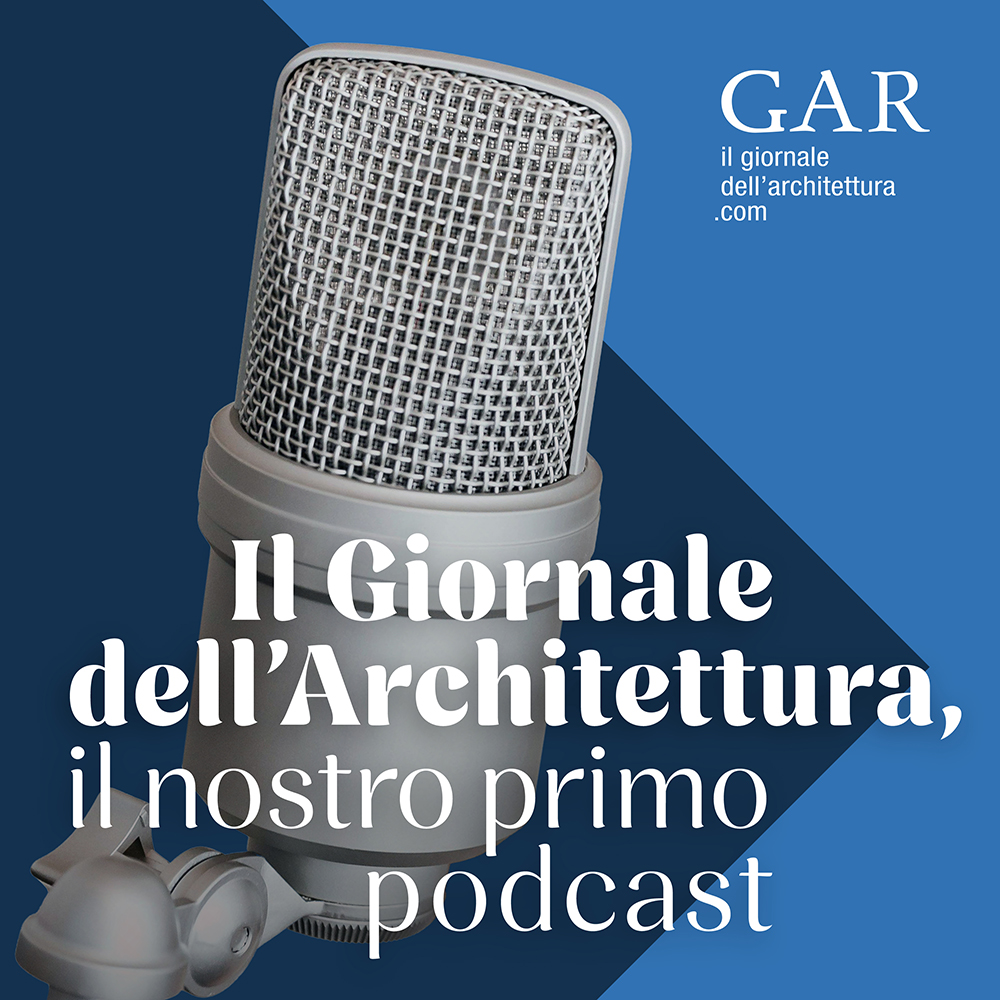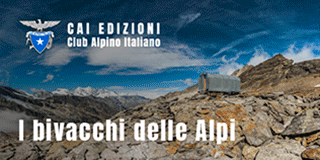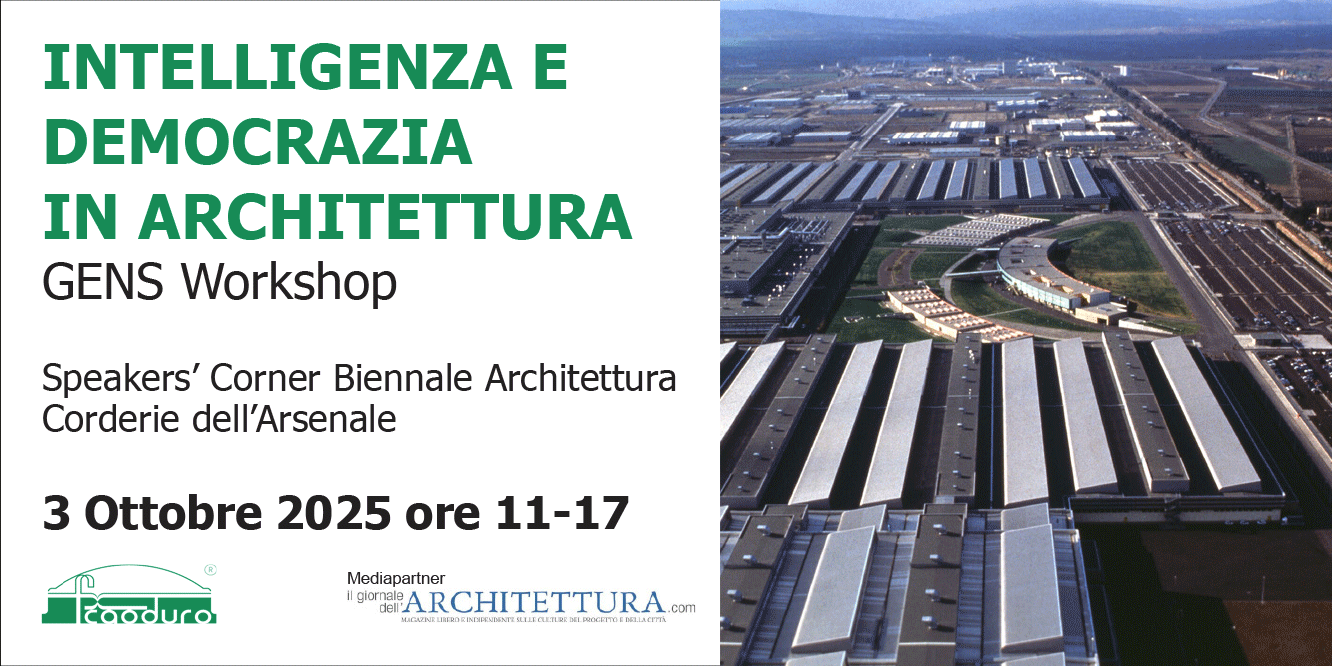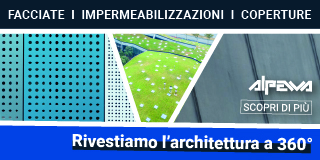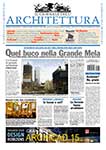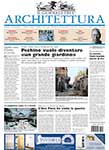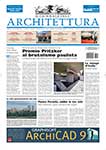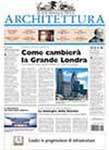MSlab (Research Unit of Politecnico di Milano Department of Architecture and Urban Studies) is a collaboration towards the development and experimentation of a metropolitan cartography to support decision-making and management processes
Metropolis is a complex element made up of interconnected systems. UN-Habitat intends it as a network of cities and their peri-urban and rural neighborhoods. MSlab (Research Unit of Politecnico di Milano Department of Architecture and Urban Studies) deals with the dynamics of metropolisation, capable of impacting the territorial, urban and local dimension. Recently, Politecnico together with UN-Habitat and other organizations has started a partnership to develop a new discipline at a global level, involving theory, practice and research on metropolises and their role for sustainable development.
A world of metropolis
As architects we deal with spatial dimension of urban and territorial phenomena, which also interacts with economic, social and governance dimensions. To establish the values and principles of these transformations, as researchers we try to provide our toughts, to be able to comprehend their complexity. According to the latest analysis by UN-Habitat, one third of humanity already lives in metropolises, i.e. 60% of the world’s urban population (2.6 billion people).
But the metropolitan city has profoundly changed according to its identity factors, the variety of actors called to work in synergy and, above all, the speed of transformations involving territories, natural and agricultural landscapes and the historical fabric of small and medium-size cities, like the case of Piacenza, analyzed in LOL workshop. To understand the 21st century metropolises we need to deal with their functional geography rather than the political one, focusing on inhabitants’ practices rather than political divisions.
The European lesson
Talking of metropolitan city, Europe has a strong identity, very different from the horizontal city extending uniformly for kilometers. A system of relationships among large, medium and small cities, which are mutually supportive, is prevailing and it is nourished by the region where they are located. Thus, we believe it is essential, even when we don’t work in proper metropolises, to focus on those territories which, at different scales, are affected by metropolitan dynamics.
All the most urgent and current challenges – from climate change to migration, from the weakening of democracy to digitalisation – must be addressed in a metropolitan, collaborative and systemic vision. In fact, no one of them knows municipal, administrative or political borders. We deal with contextual values – which Europe calls territorial intelligence, the lifeblood of our cities – and with the principles shaping projects. Above all there is the sustainability, which we can decline into objectives, according to the urban dimensions aforementioned: physical space / inventive resilience – society / equity – economy / prosperity – governance / balance.
Necessary tools
As polytechnics, research must improve methodologies and tools. Thus we are experimenting a metropolitan cartography that supports the decision-making and management processes of the diverse metropolitan stakeholders.
It is a method based on the retrieval of open data and on the construction of data, which today are strongly lacking especially at the local level. Only with an adequate wealth of knowledge we can work on projects rooted in a context invested by metropolitan dynamics. Our maps are based on the identification of the spaces’ intelligence and translate the values they express using a glossary software. Thus principles and objectives of sustainability find their own spatialization in maps feeding specific territorial interventions, connecting elements composing metropolis’ dimensions. We want to go beyond the traditional idea of a linear design process, starting from the analysis and setting an interpretation to get a project idea. With metropolitan maps, the process starts selecting the necessary data. A reference image is developed and then its goal is communicated through a relational map.
2030 Agenda as an operational tool
Along this path, Politecnico met UN-Habitat committed to territorializing the 2030 Agenda for Sustainable Development. Cognitive mapping tools can support the building of a meta-project as a negotiation and dialogue factor. Among the 17 Sustainable Development Goals, the fourth concerns education: it is very important to work on the populations awareness and their participation, through the system actions done within the network of Agenda 2030 objectives.
As argued by UN-Habitat, the role of Universities is essential to increase knowledge towards sustainable urban and territorial development. In a historical period in which cooperation, solidarity and collective action must be guiding principles, the approach’s criticality is given by indicators comparing performances in different areas and systems. Yet the 17 SDGs, and their different targets and indicators, are closely linked. We thus propose to deepen:
- their general validity on a global scale
- the possibility of adapting their use to different projects
- their instrumental aspect linked to the indicators
- the ability to monitor the impact at the metropolis level
- the projects’ systematic nature based on the use of sustainability objectives
- the indirect correlations activated by sectoral projects
We want to educate our students in systemic thinking that recovers the interdisciplinary vision of problems, understanding reality in an interconnected way. We hope to enrich educational experiences through pragmatic application and with new theoretical and practical tools. Providing them with the skills to think in terms of complexity will help to train young architects capable of applying and implementing sustainability goals, thus helping to achieve them in the Agenda 2030 decade of action.
About Author
Tag
rigenerazione urbana
Last modified: 13 Gennaio 2022



